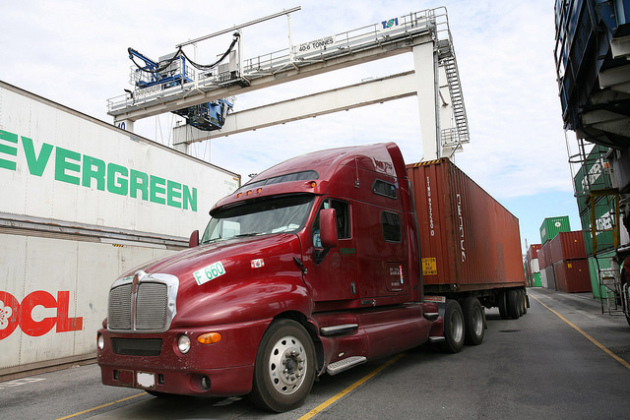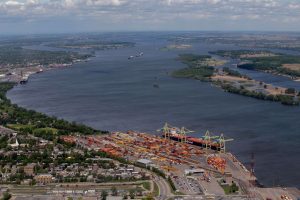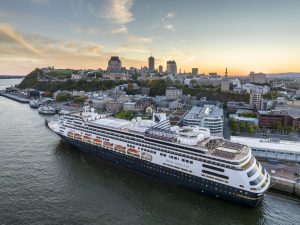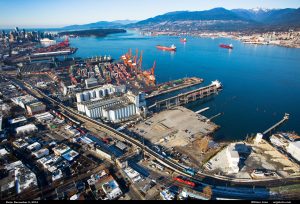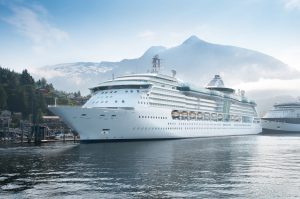The Port of Vancouver has announced it will again defer implementation of its Rolling Truck Age Program for phasing out the oldest container trucks “for no less than nine months.” This would push the implementation date to early 2024 from April 3, 2023.
The decision on February 24 was welcomed by both the federal transport minister and by the trade union representing the truckers at the port.
On Twitter, Transport Minister Omar Alghabra declared: “The Vancouver Fraser Port Authority is listening to truckers and suspending the Rolling Truck Age Program. We will find a common path forward to reduce pollution, protect jobs, and keep goods moving!”
“The costs involved for drivers is outrageous,” said Gavin McGarrigle, Unifor Western regional director. “We need dialogue about a policy that doesn’t financially ruin dozens of truckers.”
In September 2022, the Vancouver Fraser Port Authority advised implementation of the Rolling Truck Age Program would be deferred until April 3, 2023, to allow for truck owner-operators to source program-compliant trucks. “However, in light of the current economic landscape and continued pandemic-related issues, we will again defer implementation of the program for no less than nine months. In the interim, we will be considering new technologies, as well as federal and provincial fleet greening programs.”
Each day, hundreds of container trucks travel across the 1,560 km of major truck routes serving the Port of Vancouver, moving goods and products. The current fleet of approximately 1,800 vehicles provides an average of 30,000 single-sided port moves per week. Some of the container trucks serving the Port of Vancouver are more than 20 years old. The port noted that “these old, diesel-powered trucks are a significant source of particulate matter, which is known to cause cancer and negatively impact the health of those living along trucking corridors.”
In 2008, the Vancouver Fraser Port Authority introduced heightened environmental requirements to reduce air emissions from port container drayage trucks—the first port authority in Canada to do so.
The VFPA recognized “strong compliance with the requirements of the Rolling Truck Age Program from operators in recent years, which has helped phase out the vast majority of older container trucks serving the port. More than 85% of truck operators are now compliant with the requirements of the Rolling Truck Age Program—benefiting the region’s air quality as well as the health of families and communities throughout the Lower Mainland. Importantly, this includes delivering an estimated 79% reduction in diesel particulate matter.”
(Photo from Port of Vancouver)


